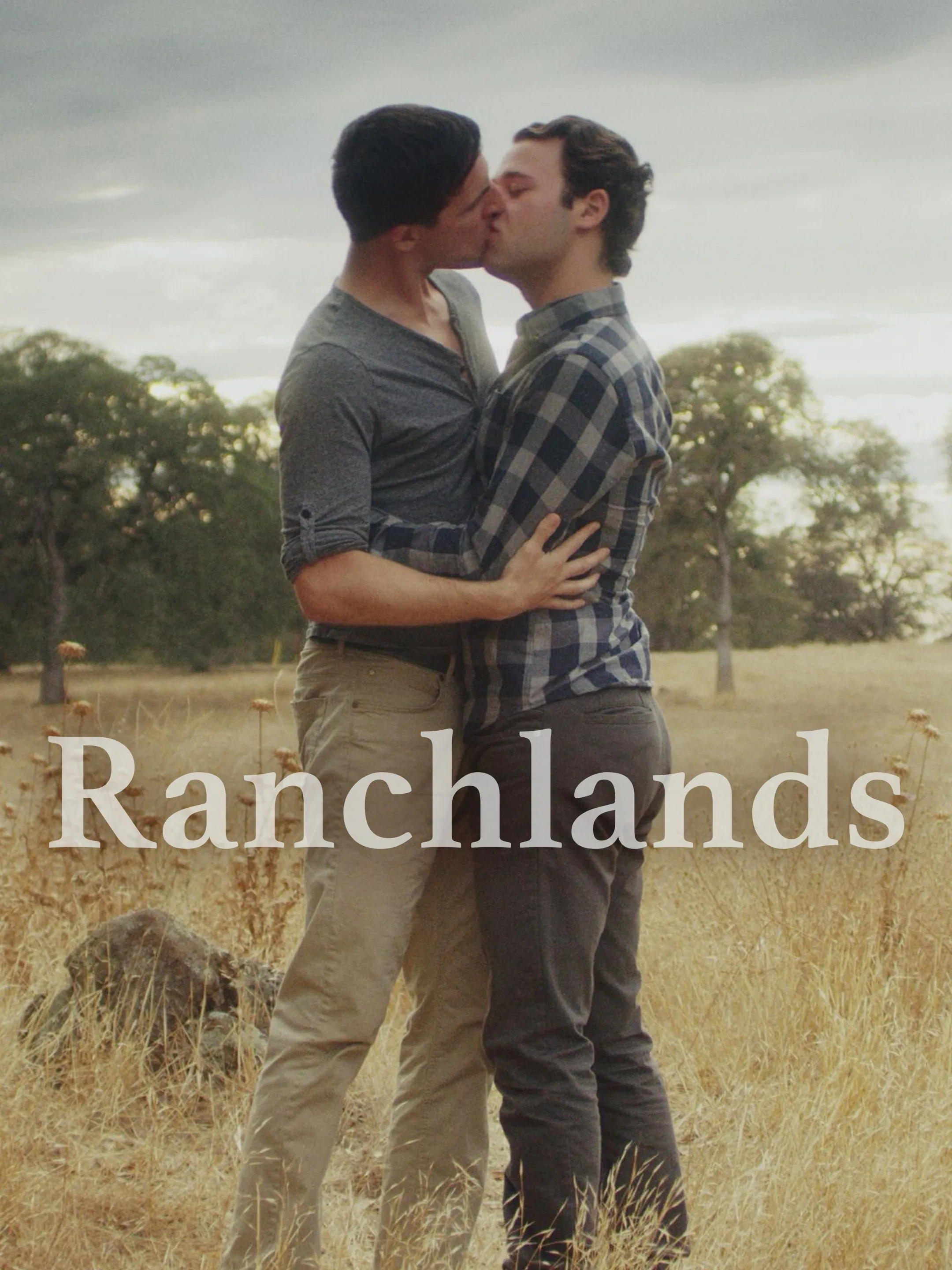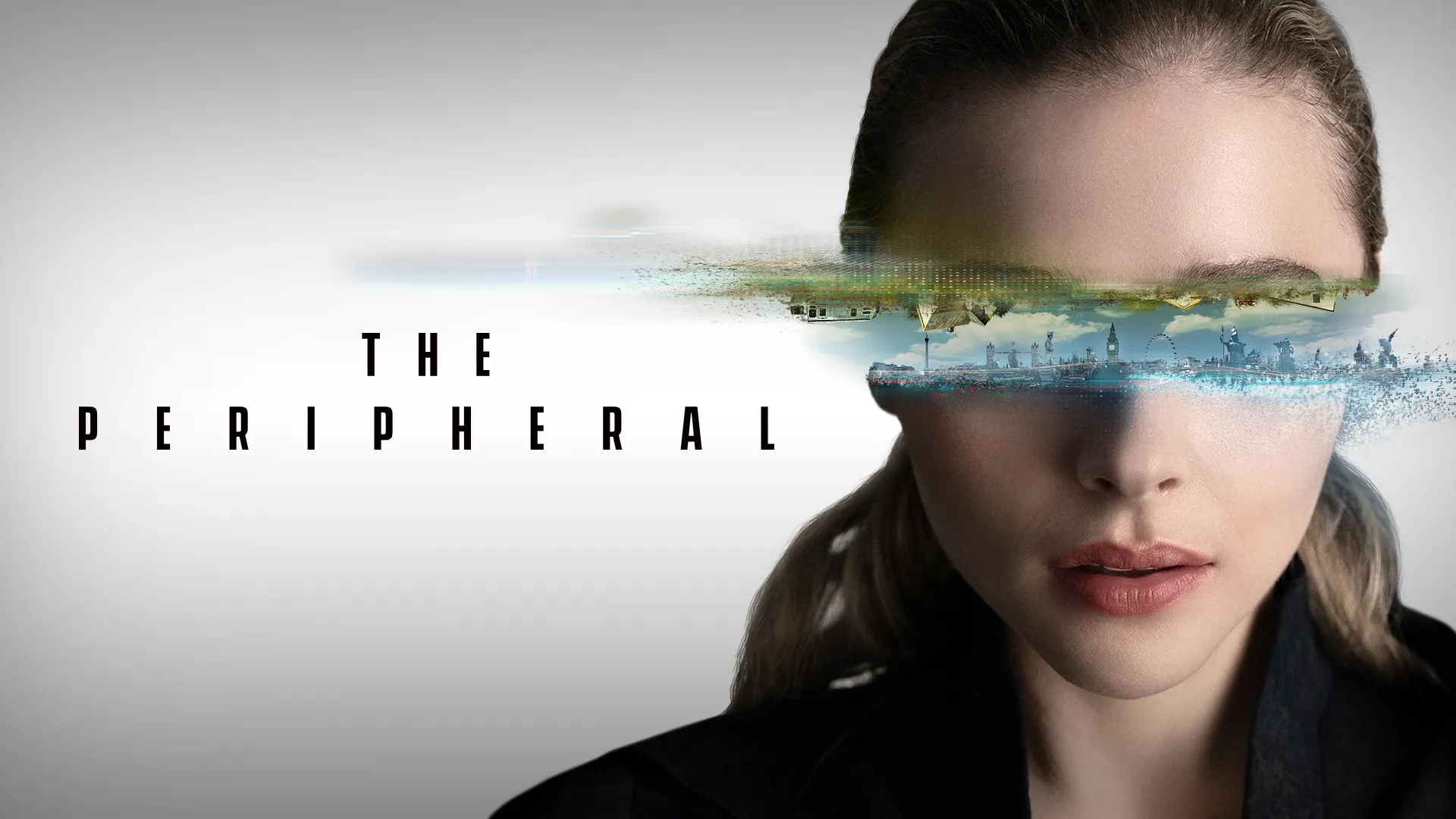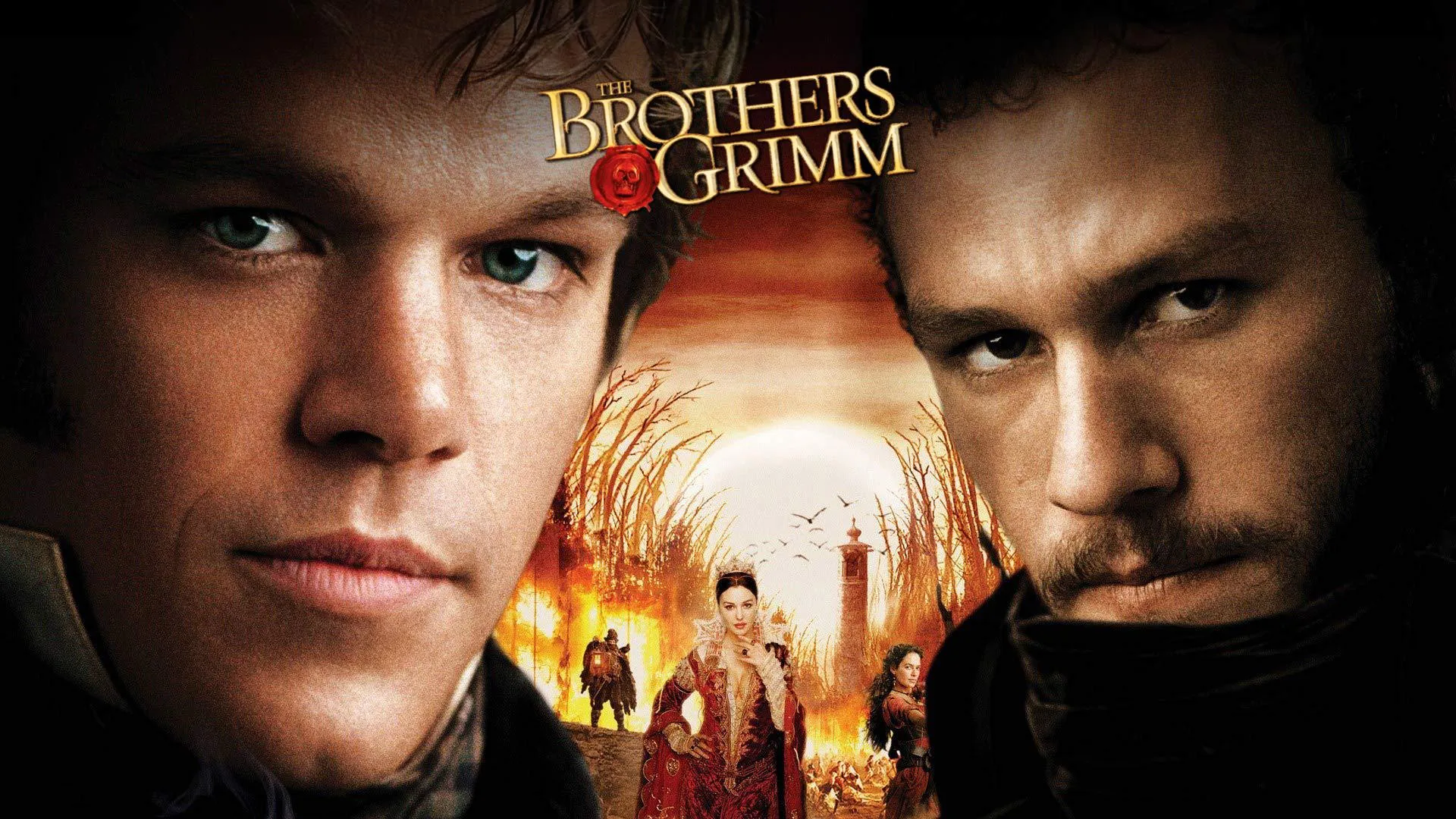Ranchlands (2019) is a poignant LGBTQ+ drama that delves into themes of family estrangement, personal identity, and reconciliation. The narrative centers on Tyler, portrayed by Nick Molari, an urbane gay man who returns to his estranged Christian family to care for his ailing brother, Garrett. This homecoming forces Tyler to confront past tensions and navigate the complexities of familial relationships strained by years of absence and underlying prejudices.
Upon his return, Tyler encounters his embittered mother, Debra, a widow whose homophobia masks her fears of loneliness and resentment over being abandoned. Their interactions are fraught with unresolved issues, reflecting the broader rural-urban divide and anti-queer sentiments prevalent in certain parts of America. The film portrays their gradual journey towards understanding and healing, highlighting the challenges of bridging deeply rooted ideological divides.

Amidst this familial turmoil, Tyler finds solace and unexpected connection with Noah, an earnest ranch hand played by Zachary Beck. Their burgeoning romance offers Tyler a semblance of acceptance and love, contrasting the hostility he faces at home. However, this relationship also serves as a catalyst, unearthing haunting family secrets that threaten to unravel the fragile bonds being rebuilt.
The film meticulously explores the impact of these revelations, delving into the emotional aftermath and the characters' struggles to reconcile with their past. As Tyler grapples with these challenges, he embarks on a path toward healing, not just for himself but for his entire family. The narrative underscores the importance of confronting buried truths to pave the way for genuine reconciliation.

Director David Lewis crafts a narrative that is both intimate and universally resonant, shedding light on the microcosm of a family to reflect broader societal issues. The film serves as a fable about rural-urban divisions and anti-queer sentiment, emphasizing the necessity of dialogue and understanding in overcoming prejudice.
The cinematography captures the stark beauty of the ranchlands, juxtaposing the vast, open landscapes with the confined emotional spaces of the characters. This visual dichotomy enhances the storytelling, symbolizing the contrast between external freedom and internal confinement experienced by the characters.

Ranchlands also benefits from a nuanced musical score that complements the film's emotional beats, enhancing the viewer's immersion into the story. The soundtrack subtly underscores the tension and tenderness between characters, adding depth to their interactions and personal journeys.
In summary, Ranchlands is a compelling exploration of identity, acceptance, and the complexities of familial love. Through its authentic performances and heartfelt storytelling, the film invites audiences to reflect on their own biases and the transformative power of empathy and understanding. It stands as a testament to the resilience of the human spirit in the face of adversity and the enduring quest for connection.




